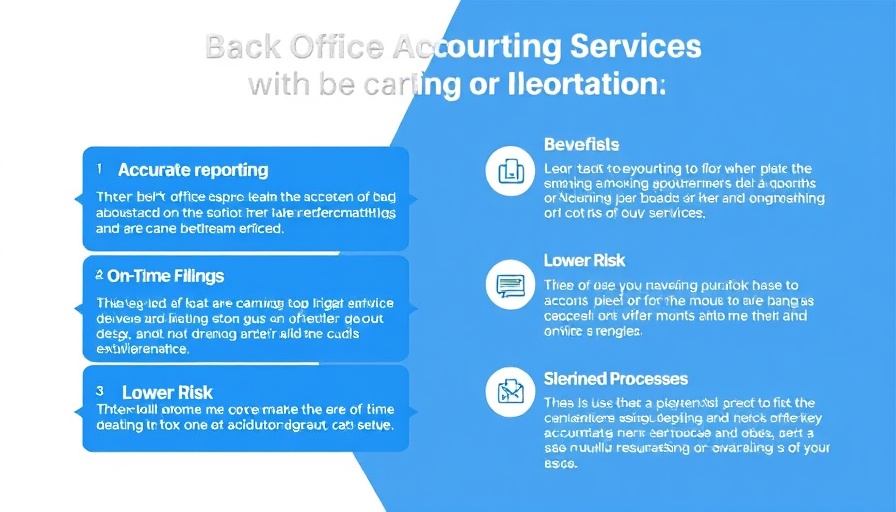
Telemarketing in Diverse Landscapes: The Role of India
In today's global marketplace, customer engagement is not merely about reaching out; it's about understanding and connecting with diverse audiences. The telemarketing services in India have evolved dramatically, tailored to accommodate multilingual customer bases. This evolution is not just a response to market demand; it is also a strategic advantage that businesses can leverage to enhance their outreach and resonance with customers.
The Power of Multilingual Engagement
As businesses look beyond borders, the need for multilingual support becomes paramount. Indian telemarketers are often skilled in multiple languages, making it easier for companies to communicate with varied demographic groups. This capability fosters a more personalized customer experience, ultimately leading to improved customer satisfaction and loyalty. For instance, brands open to tapping into regional dialects find a competitive edge, as they can effectively engage customers in their preferred language.
Case Studies: Success Stories in Multilingual Telemarketing
Several companies have harnessed the power of Indian telemarketing services to reach diverse populations. A noteworthy example is a well-known e-commerce platform that expanded its operations in Southeast Asian markets. By employing multilingual telemarketers, the company was able to increase its market penetration and customer engagement rates significantly. Such case studies underline the efficacy of leveraging multilingual telemarketing as a core strategy.
Future Trends in Digital Customer Engagement
Looking forward, the trends in customer engagement are expected to evolve further with the integration of technology. AI-driven chatbots and personalized marketing will pave the way for even more sophisticated approaches to customer interaction. As businesses begin to employ automation within their telemarketing efforts, the ability to analyze customer data in real-time will become vital. This shift is set to enhance how brands initiate conversations, using data-driven insights to tailor their messaging and increase conversion rates.
Exploring Emotional Connections
Beyond just language, emotional intelligence plays a crucial role in telemarketing success. Agents well-versed in cultural nuances and local sentiments ensure that the communication feels genuine and relatable. An empathetic approach not only builds customer trust but also sets the foundation for long-term relationships. Multilingual capabilities are essential, but understanding emotional triggers amplifies the impact of marketing messages.
Maximizing Marketing ROI Through Telemarketing
Incorporating multilingual telemarketing into a broader marketing strategy can yield high returns on investment. By capturing a wider audience, businesses can increase their sales funnel significantly. Quality telemarketing services do not just focus on making calls; they entail strategic planning that aligns with overall marketing objectives, including content and social media marketing strategies. Brands executing well-coordinated campaigns often note significant improvements in their marketing KPIs.
Actionable Insights for Businesses Embracing Telemarketing
Businesses looking to maximize the benefits of multilingual telemarketing should consider several actionable steps. First, investing in training programs for telemarketers can foster language skills and cultural understanding necessary to connect with diverse customer segments. Next, adopting advanced analytics tools can help businesses track engagement metrics and adjust strategies in real-time. Finally, integrating feedback from telemarketing interactions into broader marketing strategies ensures that businesses remain responsive to customer needs.
Conclusion: The Future Is Multilingual
As the landscape of marketing continues to shift, the significance of multilingual telemarketing is poised to grow. Businesses that embrace this strategy will not only engage more effectively with potential customers but will also foster an environment of trust and brand loyalty that thrives across cultures. In an increasingly digital world, the importance of effective communication cannot be understated. Whether you're navigating customer journeys or optimizing marketing funnels, consider adapting your approach to meet the changing needs of the global market. Start implementing these insights today and unlock the potential of multilingual customer engagement!
 Add Row
Add Row  Add
Add 




Write A Comment